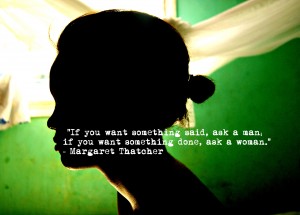 Living near any commemorative building for a long time can make the general public appreciate its relevance less and less as the years go by. Having heard remarkable stories about what took place during the struggle against the Apartheid regime in South Africa and learning more about the marches led by courageous individuals who believed in equality and liberty, elevates an individual’s experience making it more than simply setting foot on a piece of ground and admiring the aesthetic features (which is not wrong). It emphasizes the importance of understanding the elements that made history.
Living near any commemorative building for a long time can make the general public appreciate its relevance less and less as the years go by. Having heard remarkable stories about what took place during the struggle against the Apartheid regime in South Africa and learning more about the marches led by courageous individuals who believed in equality and liberty, elevates an individual’s experience making it more than simply setting foot on a piece of ground and admiring the aesthetic features (which is not wrong). It emphasizes the importance of understanding the elements that made history.
On the 9th of August 1956, 20 000 women of all races marched to the Union Buildings in Pretoria protesting against the carrying of passes (Pass laws) by women in South Africa. The reason behind this protest was to challenge the idea that women ought to take the heat in the kitchen because that is where they belong. It is understandable why women would protest against these notions. They are degrading and oppressive. But needless to say, those women were (and still are) able to stand the heat in the kitchen but implementing oppressive policies over them made the situation heated externally.
On that day, J.G. Strijdom, the Prime Minister at that time, was not even at the Union Buildings to acknowledge and to accept their petition. Perhaps it is because the Minister feared the collective strength of women filled with mood swings-a common fear in men, right? But this did not stop the determined damsels in distress. As it were, they took a step further and wrote a song for the beloved Minister: Wathint’ abafazi,Strijdom! This was a warning! The commonly known phrase, however, is ‘wathint’ abafazi, wathint’ imbokodo’ which means ‘you strike a woman, you strike a rock’.
It is known that ‘Hell hath no fury like a woman scorned‘ and perhaps this quote from a popular English play by William Congreve (and this would now be referred to as man to man advice) reached the Minister faster than the voices of 20 000 fed up women. So bear in mind that the time that women spend in their kitchens can boil more than water in pots. For the women who marched on the 9th of August 1956, their blood had boiled to the last drop and they paved a way to freedom.


Congrats for such an enlightening info keep it up